I recently came across the following video (somewhat dated now in the US, since federal rulings have made this political issue a moot point), which offers a clever critique of appeals to “traditional marriage,” specifically regarding appeals used to justify heteronormative marriage laws. It works by drawing attention to the massive variety of all that fits into our collective past, history, or “tradition.”
From this video it is clear that there are always multiple pasts to draw from, and our choice of which elements we pick out and lift up as the real “tradition” — which we want to make normative for ourselves and others — is always motivated by our interests in the present and for the future.
In the classroom, when I point out that people pick and choose from their “traditions,” students often take that as if I were criticizing practitioners, or as if I were calling them hypocrites. Then I point out that although most of them are Americans, none of them wants to hang onto the 3/5ths rule in the constitution. The point? We’re all picking and choosing, all the time. Rather than refereeing which truth claims, or in this case which traditions, get to count as legitimate, I encourage my students to consider the issues at stake in these debates and the speakers involved. In doing this, we are able to see how different social groups construct contradictory, if not competing, historical narratives in very stragic ways to further their own social agendas. Cherry-picking historical traditions isn’t necessarily hypocrisy, but rather is just social group formation.

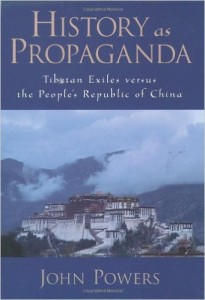 In History as Propaganda: Tibetan Exiles versus the People’s Republic of China, John Powers surveys a wide variety of histories of Tibet, written by Tibetan, Chinese, and western (i.e., American or European) authors. The story of the relations between China and Tibet — is Tibet an independent state or merely a small part of China’s empire? — can be told in many different ways, depending on the interests or agenda of the author spinning the narrative. Of particular interest to me is how Powers notes the normative vocabulary of the historians he surveys. The authors tend to systematically use normative nouns and adjectives — with positive and negative valuations attached to them — in their narratives. See the following two tables:
In History as Propaganda: Tibetan Exiles versus the People’s Republic of China, John Powers surveys a wide variety of histories of Tibet, written by Tibetan, Chinese, and western (i.e., American or European) authors. The story of the relations between China and Tibet — is Tibet an independent state or merely a small part of China’s empire? — can be told in many different ways, depending on the interests or agenda of the author spinning the narrative. Of particular interest to me is how Powers notes the normative vocabulary of the historians he surveys. The authors tend to systematically use normative nouns and adjectives — with positive and negative valuations attached to them — in their narratives. See the following two tables: 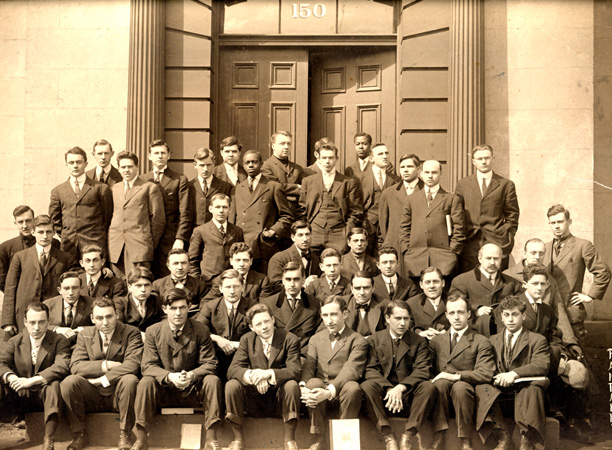
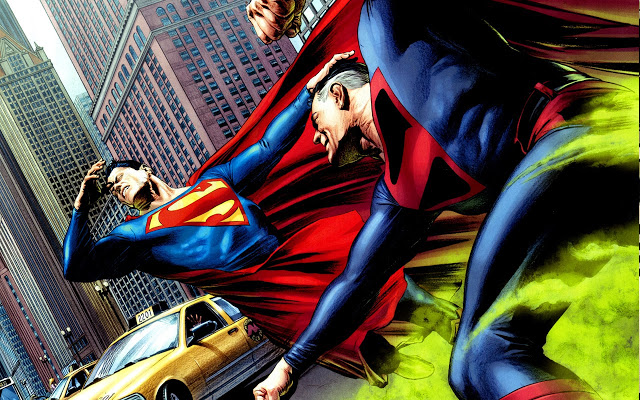 Darth Vader vs. Luke Skywalker, Sauron vs. Gandalf, Voldemort vs. Harry Potter. Stories are full of good and bad characters, sometimes complicated with the redemption of a character like Darth Vader, but what does it take to maintain such a stark division between good and evil?
Darth Vader vs. Luke Skywalker, Sauron vs. Gandalf, Voldemort vs. Harry Potter. Stories are full of good and bad characters, sometimes complicated with the redemption of a character like Darth Vader, but what does it take to maintain such a stark division between good and evil? This is part of a collection of posts of quotations from
This is part of a collection of posts of quotations from 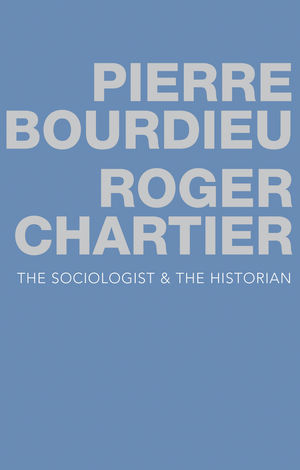
 The ease with which identity is presumed to be an inner trait projected outward is pretty easy to document, which makes critiquing it something less than a challenge. For example, I thought about writing a post on the new film “Inside Out” and the popular folk understanding of identity as being an internal quality only subsequently expressed outwardly, such that the social interaction is the effect of a prior and private sentiments.
The ease with which identity is presumed to be an inner trait projected outward is pretty easy to document, which makes critiquing it something less than a challenge. For example, I thought about writing a post on the new film “Inside Out” and the popular folk understanding of identity as being an internal quality only subsequently expressed outwardly, such that the social interaction is the effect of a prior and private sentiments. Tonight is the series end to
Tonight is the series end to 
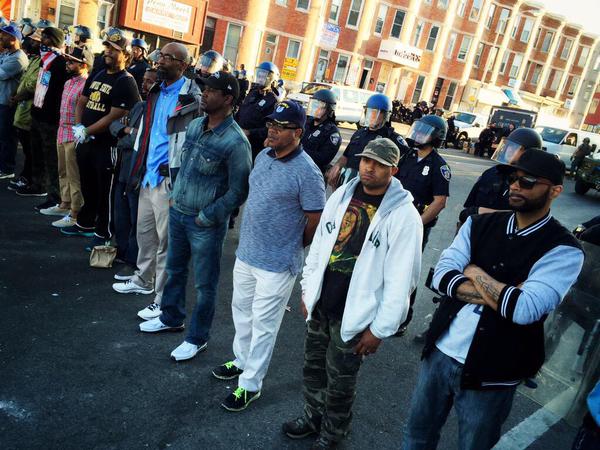

 John Douglas, a former FBI agent, is now a well-known criminal profiler, and he was among the people involved in the effort to free three men who were convicted when they were teenagers, in Arkansas in the mid-1990s, of the brutal murder of three young boys. In the recent documentary on the case, “
John Douglas, a former FBI agent, is now a well-known criminal profiler, and he was among the people involved in the effort to free three men who were convicted when they were teenagers, in Arkansas in the mid-1990s, of the brutal murder of three young boys. In the recent documentary on the case, “